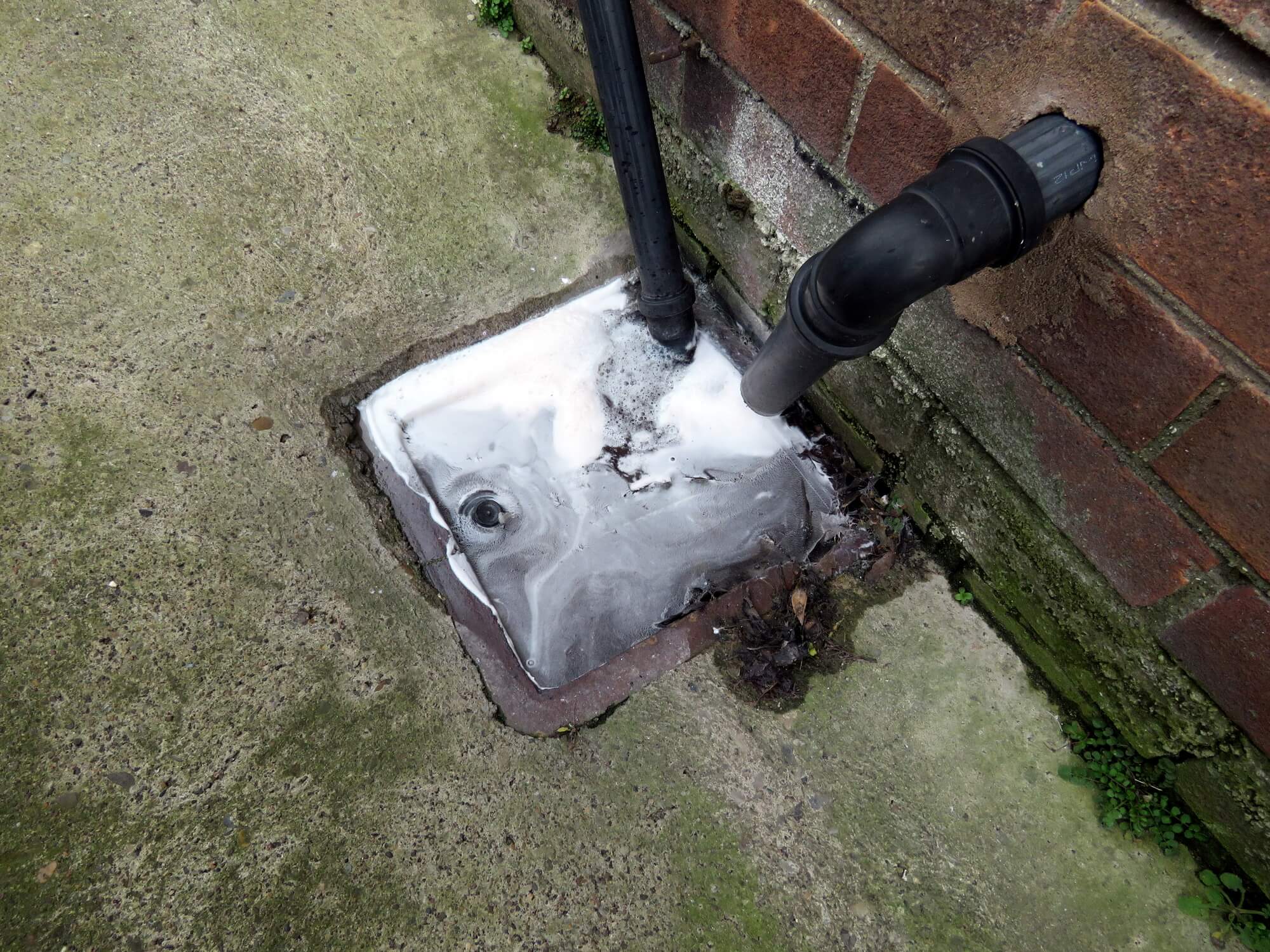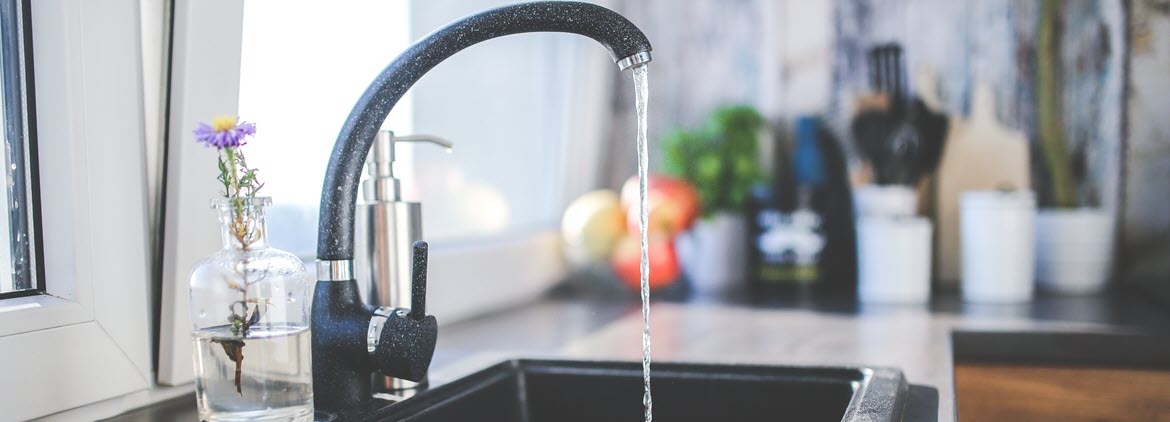Approaches for Fixing a Blocked Drain Prior to Reaching out to Expert Plumbers
Approaches for Fixing a Blocked Drain Prior to Reaching out to Expert Plumbers
Blog Article
On this page further down you can find additional first-rate answers concerning How to handle a clogged drain in your home.

Introduction
Dealing with a blocked drainpipe can be a discouraging experience, disrupting daily tasks and potentially creating damages to your home. Nonetheless, prior to reaching out to pipes specialists, there are actions you can require to address the issue yourself. In this guide, we'll explore DIY services and safety nets to take on an obstructed drainpipe successfully.
Identifying the Issue
The first step in attending to a blocked drain is identifying the indicators. Slow-moving water drainage, gurgling audios, foul odors rising from drains, or water backing up prevail indications of an obstructed drain. Identifying these indicators early can help protect against better issues.
Typical Sources Of Obstructed Drainpipes
Recognizing the variables that add to drain blockages is essential for reliable resolution. Typical offenders consist of hair, soap residue, grease, food particles, and foreign things like sanitary items or paper towels. Tree roots getting into below ground pipelines can additionally trigger substantial blockages.
Do it yourself Solutions
For small clogs, numerous do it yourself services can be efficient. Pouring boiling water down the drain can help liquify oil and particles. Baking soda and vinegar or a mixture of salt and cooking soda can act as natural cleansers. Making use of a bettor or plumbing serpent to displace obstructions is another alternative.
Devices and Equipment
Having the right tools on hand can make do it yourself drainpipe cleaning up more reliable. A plunger is a functional tool for clearing blockages in sinks, toilets, and showers. A plumbing serpent or auger can get to deeper blockages, while drain cleaning chemicals can be utilized carefully for persistent clogs.
Safety nets
To prevent future clogs, taking on safety nets is critical. Set up drain guards or strainers to catch hair and debris prior to they go into the pipes. On a regular basis flush drains with hot water to liquify oil accumulation, and avoid getting rid of oil or solid waste down the drain.
When to Call an Expert
While do it yourself solutions can settle minor blockages, specific indications indicate the need for expert assistance. Persistent clogs, foul odors regardless of cleaning efforts, or numerous drains pipes supporting concurrently are warnings that require experienced intervention.
Picking the Right Pipes Service
When choosing a plumbing solution, consider aspects such as experience, licensing, and consumer reviews. Select a reputable plumbing technician with a performance history of top quality craftsmanship and clear pricing techniques.
Price Considerations
The price of professional drain cleaning company can vary depending on the intensity of the blockage and the plumber's prices. Demand quotes from numerous service providers and ask about any surcharges to make sure openness and prevent surprises.
Security Measures
When trying DIY drainpipe cleansing, focus on security. Put on safety handwear covers and glasses to stay clear of contact with hazardous chemicals or germs. Never ever blend various drain cleaning products, as this can create dangerous fumes.
Instance Studies
Real-life examples show the performance of do it yourself solutions and the significance of timely expert treatment in resolving drain clogs.
Verdict
By following the pointers laid out in this overview, you can efficiently deal with blocked drains pipes and prevent future pipes concerns. Whether going with do it yourself solutions or looking for expert aid, timely action is vital to maintaining a healthy and balanced plumbing system and maintaining the honesty of your home.
10 TIPS TO CLEAR ANY BLOCKED DRAIN
SIGNS OF A BLOCKED DRAIN
Blocked drains can be a source of property damage and health problems for people and pets. The early warning signs of a blocked drain are:
Overflowing
You’re probably quite used to everything flowing down your drain. As a result, it’s quite alarming seeing water spill back up. If your drain is overflowing, that means you’re facing a blockage.
Gurgling sounds
Gurgling sounds indicate that the water is pooling and pushing against the pipe. If you experience this, it’s often the case that a blockage is a problem.
Slow draining
When emptying your sink or taking a shower, you might notice that the water pools for longer than expected. Usually, the problem worsens rather than getting better by itself, which suggests that the blockage is growing larger.
CAUSES OF A BLOCKED DRAIN
Although most people use their drains appropriately, it’s quite easy to make mistakes. Occasionally, everyday use results in blocked drains too. Common causes include:
Tree roots
Tree roots won’t be the cause of local drain blockages, but they can disrupt your main sewage system. The root keeps growing until it breaches the pipe and causes a blockage.
Toiletries
Although toiletries are essential, some can cause drain blockages. For example, nappies, baby wipes and sanitary products should not be flushed down the toilet.
Foreign objects
When you have kids, there’s always a risk they’ll flush something unusual down the toilet. Toys and other foreign objects become lodged in the u-bend, resulting in a blockage.
Mineral Buildup
When minerals such as calcium build up in your pipes, this causes constriction. Although this may not cause a blockage on its own, it does make it easier for other types of blockages to form.
Soap
Although liquid soap may not cause drain blockages, solid soap bars can get lodged within pipes until they eventually break down. One way to stop this from happening is to use a mesh wire guard to cover plug holes.
Natural Debris
Natural debris can fall into your outdoor drains, especially when you don’t use gutter guards. This usually means leaves and twigs, although it can include dirt and grit too.
HOW TO CLEAR A BLOCKED DRAIN
Boiling water
Boiling water is useful for tackling blocked drains caused by grease, conditioner, and some other kinds of toiletries. This is because these substances have a low melting point, and the extreme heat helps to break them up. Boil a kettle with water and pour it down the drain to shift the blockage.
Natural cleaners
You can use some natural cleaners to create a fizzing effect that breaks drain blockages apart. Try pouring hot water down the drain, then follow it with one cup of bicarbonate of soda and a cup of vinegar. Leave it for ten minutes, then chase it with more hot water. A combination of the hot water and the natural cleaner mixture can break blockages up.
Caustic cleaners
Some stores sell caustic cleaners that take stronger action against drain blockages. It dissolves grease, fat, and oils, making it ideal for tougher blockages. Always follow the instructions on the packaging and ventilate the room before starting.
Plungers
As a simple yet effective tool, plungers can help to dislodge local blockages. They work by forming a seal around the plug hole, followed by a vacuum effect that removes the blockage.
DIY drain snake
You can make a DIY drain snake out of any thin metal wire, such as a coat hanger. Leave a hook at the end of the snake and insert it into the plughole. Try using it to fish out local blockages made of hair. This approach is most effective in showers.
https://preciseservices.com.au/10-tips-to-clear-any-blocked-drain/

I ran across that blog posting about How to handle a clogged drain in your home when surfing the search engines. Are you aware of somebody who is intrigued by the niche? Why not promote it. Kudos for being here. Come back soon.
This Website Report this page